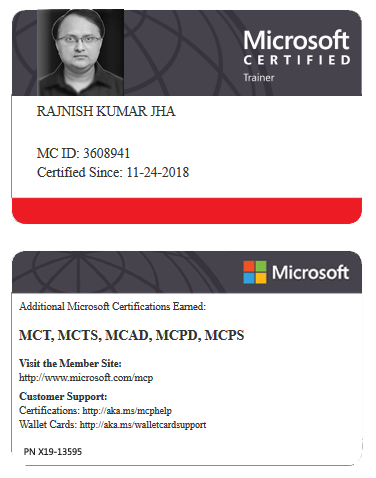Exploring the Events in GitHub
In GitHub Actions, events trigger workflows to automate tasks. Here’s a detailed explanation of various event types, including scheduled events, code events, manual events, webhook events, and external events.
1. Scheduled Events
These events trigger workflows at specific intervals using cron syntax. They are ideal for automating periodic tasks, such as backups or scheduled reports.
Key Points:
Defined using the
schedulekeyword in theonfield.Uses cron syntax.
Runs independently of code changes.
Example:
xxxxxxxxxx31on2 schedule3cron"0 0 " # Runs every day at midnight (UTC)Common Use Cases:
Cleaning up resources.
Running periodic tests or builds.
Sending weekly status reports.
2. Code Events
These events are triggered by actions in the repository, such as commits, branches, or pull requests. They are the most commonly used events in GitHub workflows.
Examples of Code Events:
push: Triggered when a commit is pushed to the repository.
xxxxxxxxxx41on2 push3 branches4mainpull_request: Triggered when a pull request is opened, synchronized, reopened, or closed.
xxxxxxxxxx41on2 pull_request3 branches4mainbranch_protection_rule: Triggered when a branch protection rule is created, edited, or deleted.release: Triggered when a release is created, published, updated, or deleted.
Common Use Cases:
Running CI/CD pipelines on code changes.
Testing pull requests.
Automating release workflows.
3. Manual Events
These are user-initiated triggers, allowing developers to manually start a workflow.
Key Points:
Defined using the
workflow_dispatchevent.Provides optional
inputsfor parameterized workflows.
Example:
xxxxxxxxxx71on2 workflow_dispatch3 inputs4 environment5 description'Deployment environment'6 requiredtrue7 default'staging'How to Trigger:
Go to the "Actions" tab in the repository.
Select the workflow and click "Run workflow."
Input any required parameters.
Common Use Cases:
Manually triggering deployments.
Running workflows with custom parameters.
Debugging workflow behavior.
4. Webhook Events
These are triggered by specific GitHub activities (webhooks), such as issue creation, comment updates, or repository management events.
Examples of Webhook Events:
issues: Triggered when an issue is created, edited, or closed.
xxxxxxxxxx51on2 issues3 types4opened5closedissue_comment: Triggered when a comment is added to an issue or pull request.star: Triggered when a repository is starred or unstarred.fork: Triggered when a repository is forked.
Common Use Cases:
Automating responses to issue creation.
Updating external tools when repository activity changes.
Generating metrics or notifications based on user interactions.
5. External Events
External events allow third-party systems to trigger GitHub workflows via the repository dispatch or workflow dispatch APIs.
Key Points:
Useful for integrating external tools and services with GitHub workflows.
Requires API calls to trigger the workflow.
Example: repository_dispatch
xxxxxxxxxx41on2 repository_dispatch3 types4custom-eventTriggering via API:
Use the GitHub REST API to send a custom event:
xxxxxxxxxx41curl -X POST -H "Authorization: token <TOKEN>" \2 -H "Accept: application/vnd.github.v3+json" \3 https://api.github.com/repos/<OWNER>/<REPO>/dispatches \4 -d '{"event_type":"custom-event"}'Common Use Cases:
Triggering workflows from external CI/CD pipelines.
Integrating third-party tools with GitHub Actions.
Custom event-driven workflows.
Summary
| Event Type | Trigger | Use Case |
|---|---|---|
| Scheduled | Cron jobs (time-based) | Periodic tasks like backups, tests, or reports. |
| Code | Repository changes (e.g., push, pull) | CI/CD workflows, testing, and release pipelines. |
| Manual | User-initiated | Debugging or on-demand workflows. |
| Webhook | GitHub activity (e.g., issues, comments) | Automating responses to repository events. |
| External | Third-party API calls | Integration with external systems or pipelines. |
Each event type offers unique capabilities and can be combined in workflows to build robust automation pipelines.






















Leave a Reply